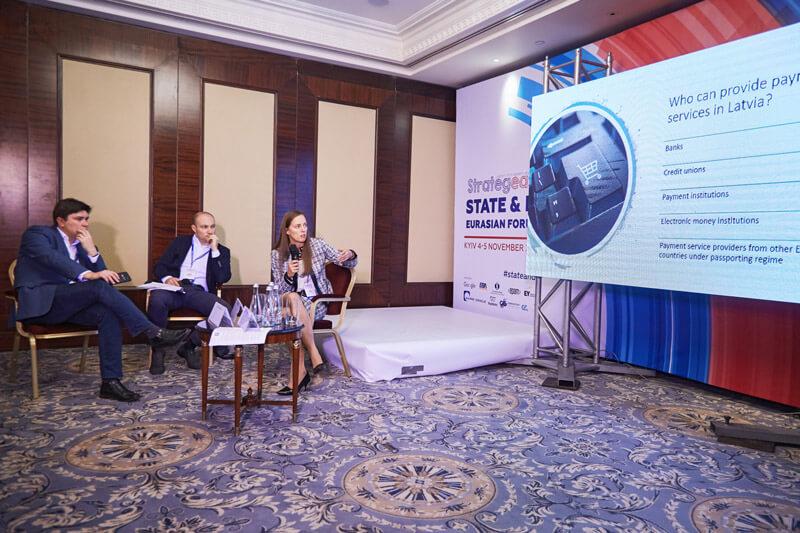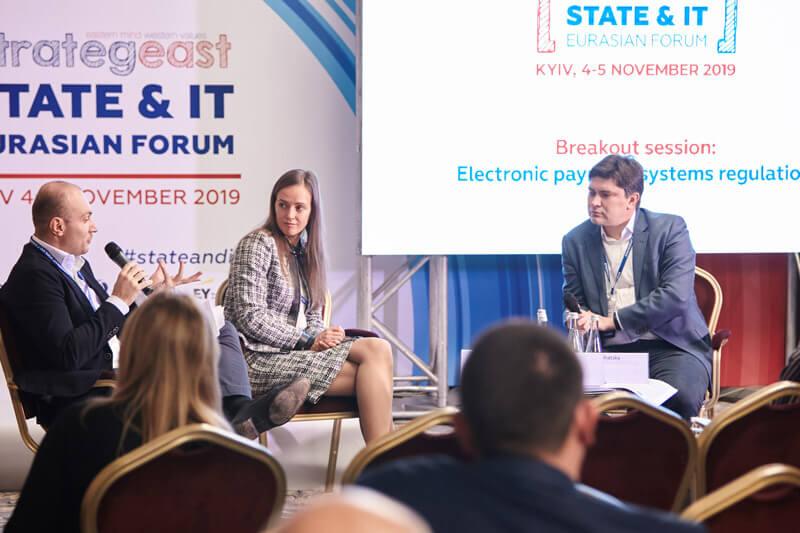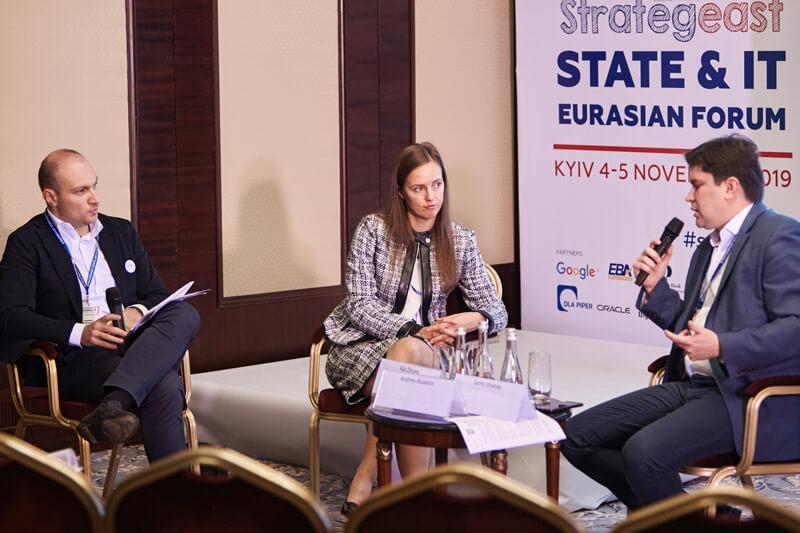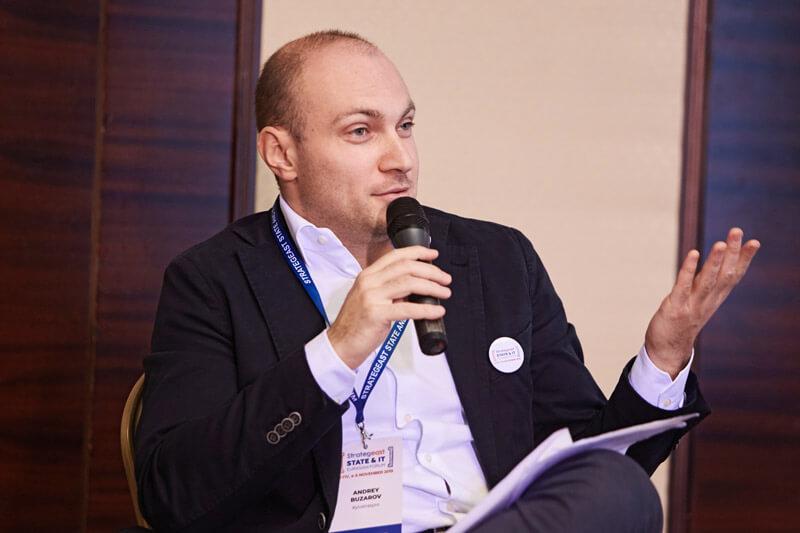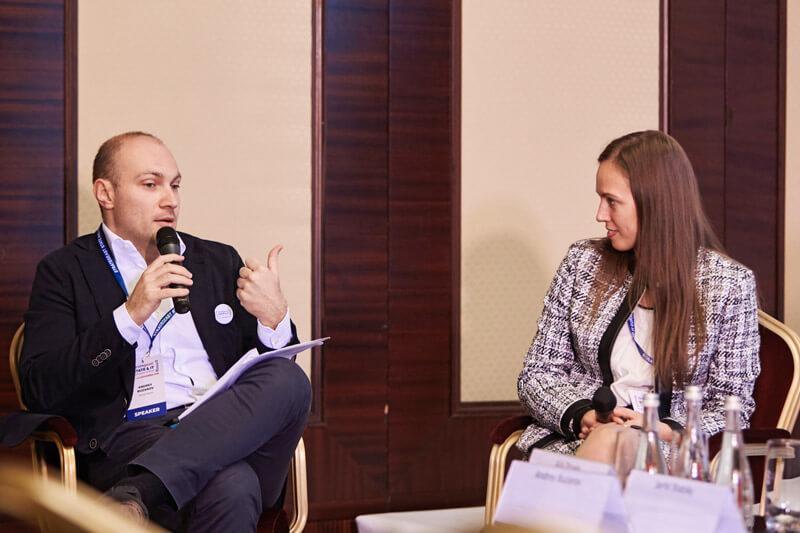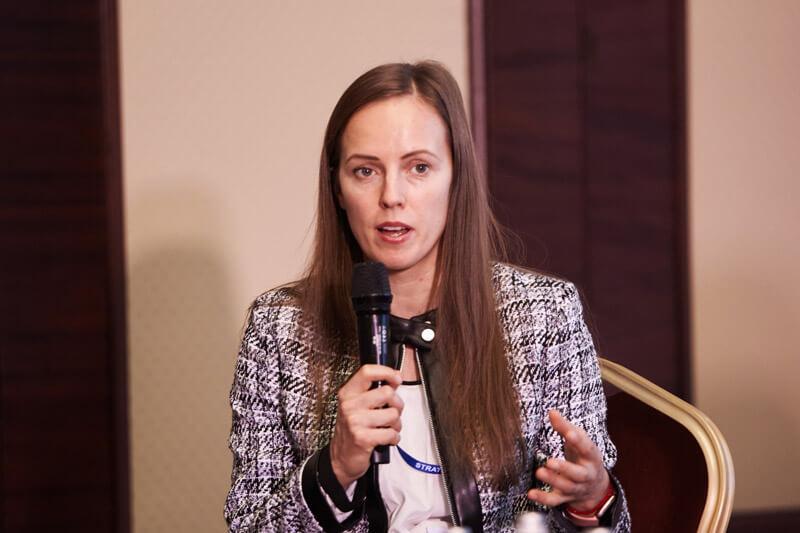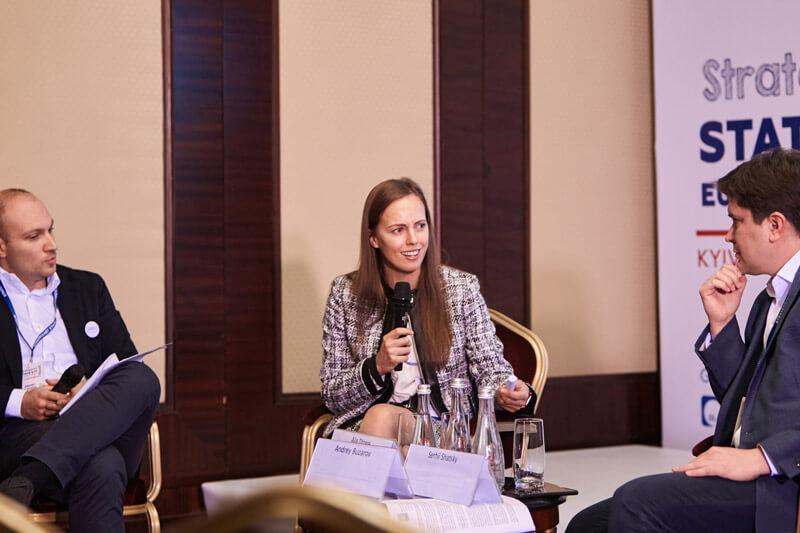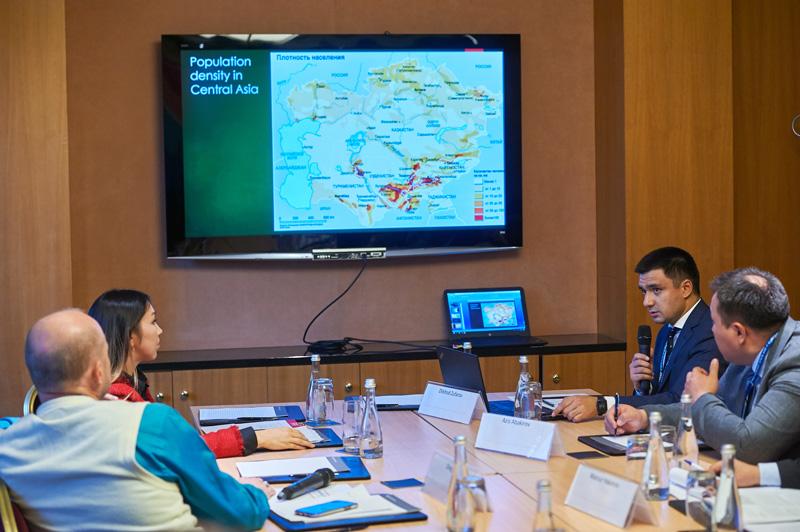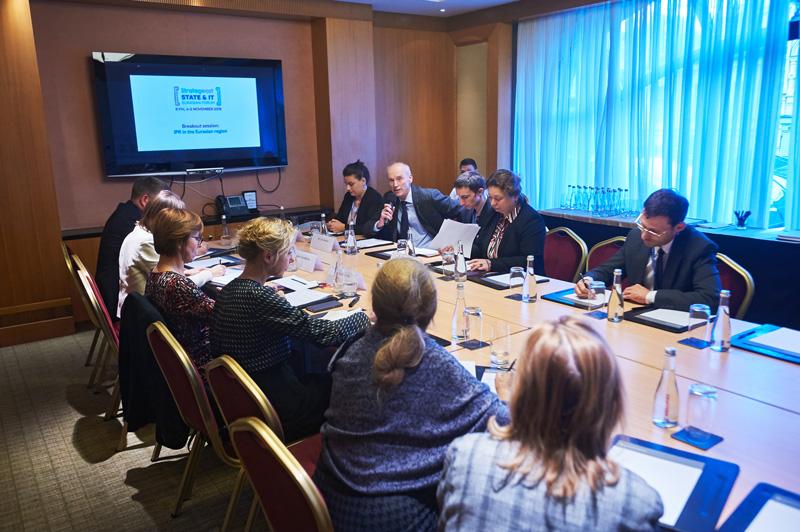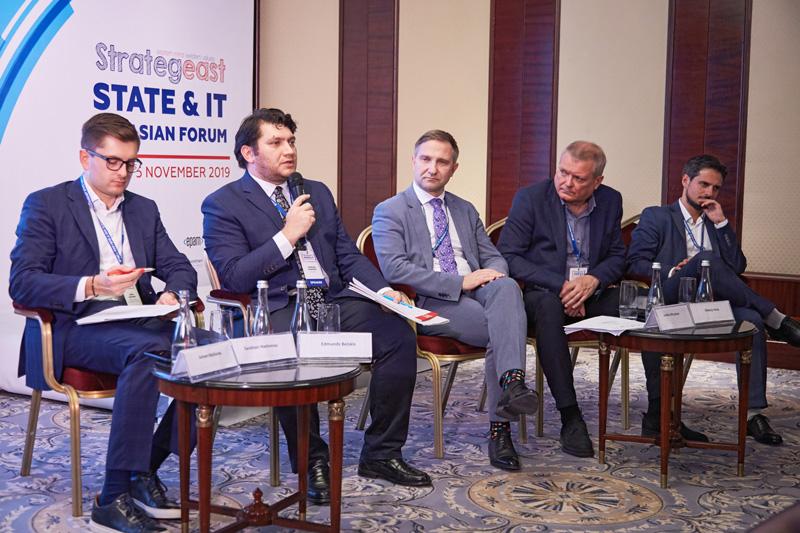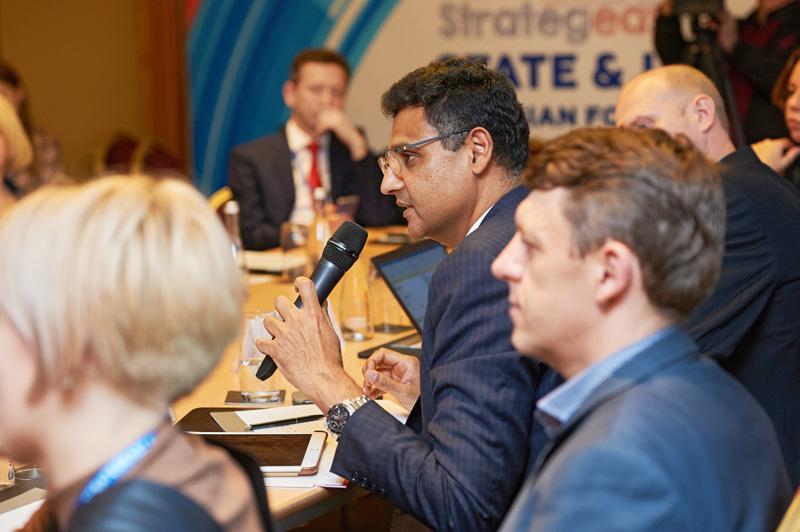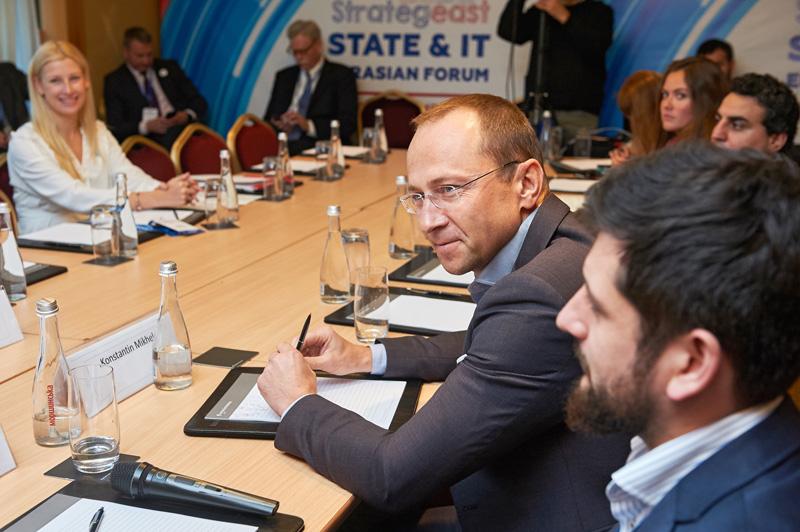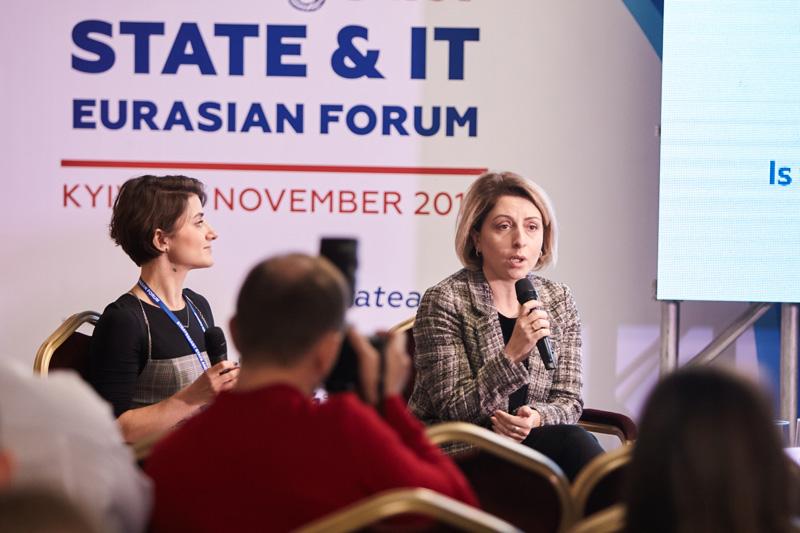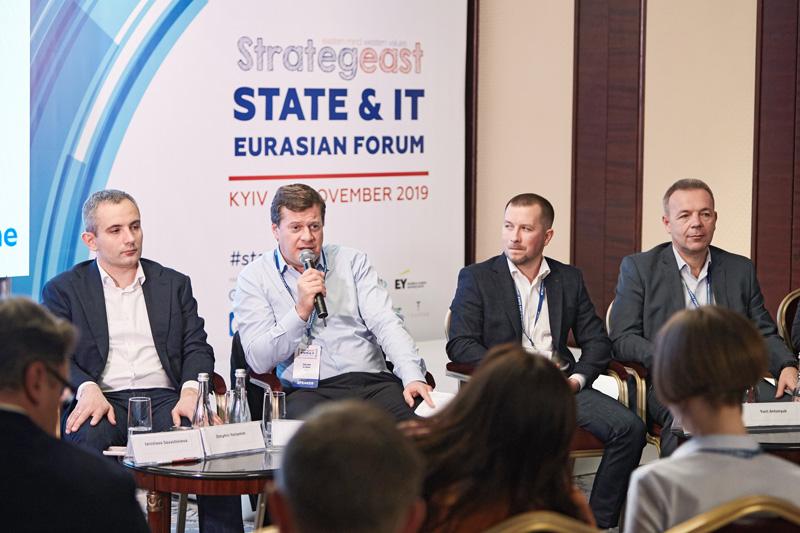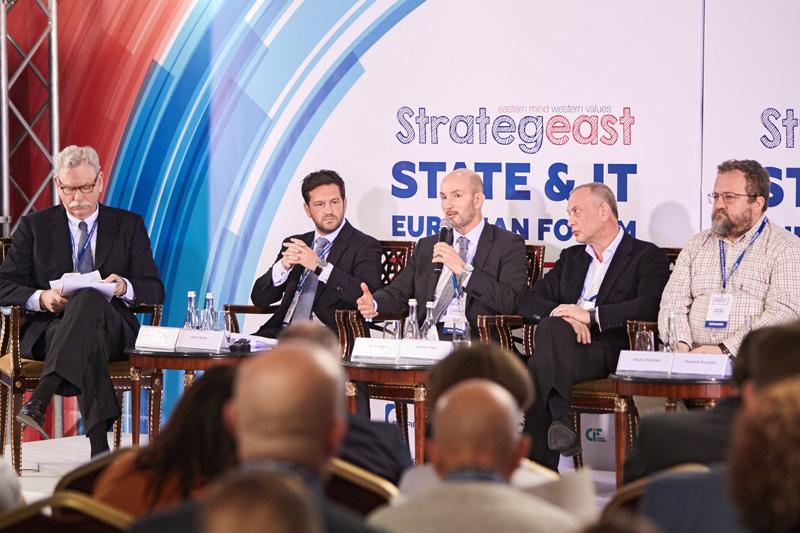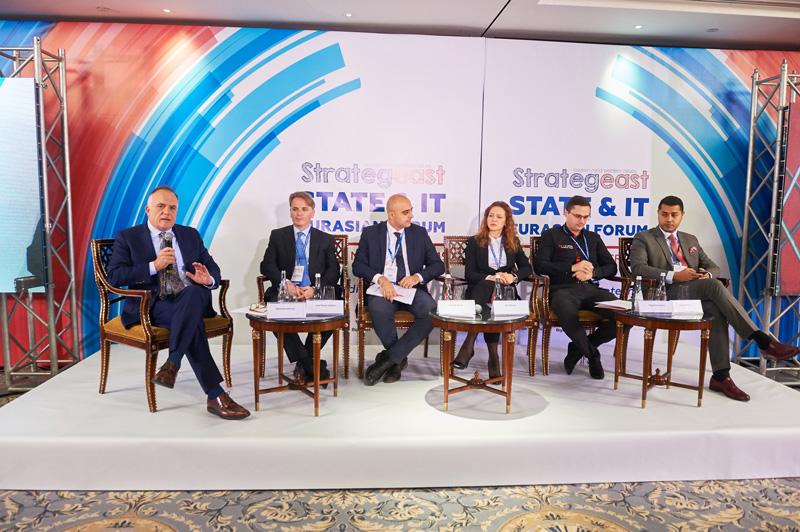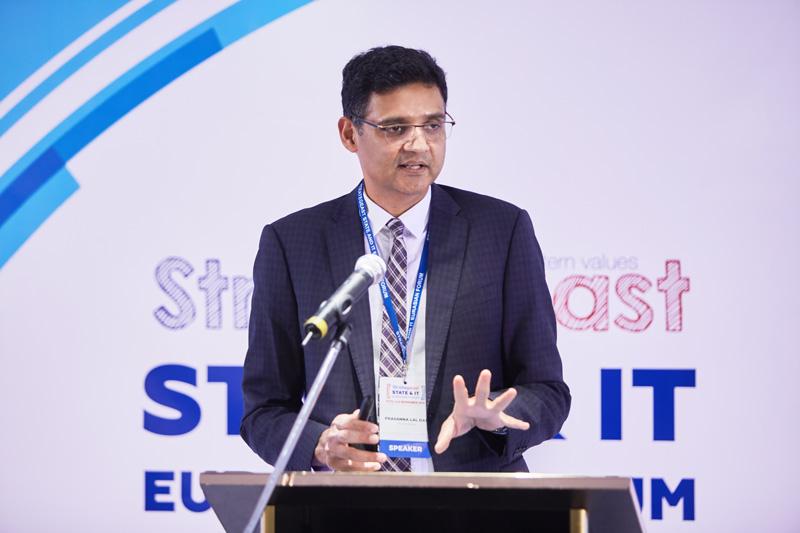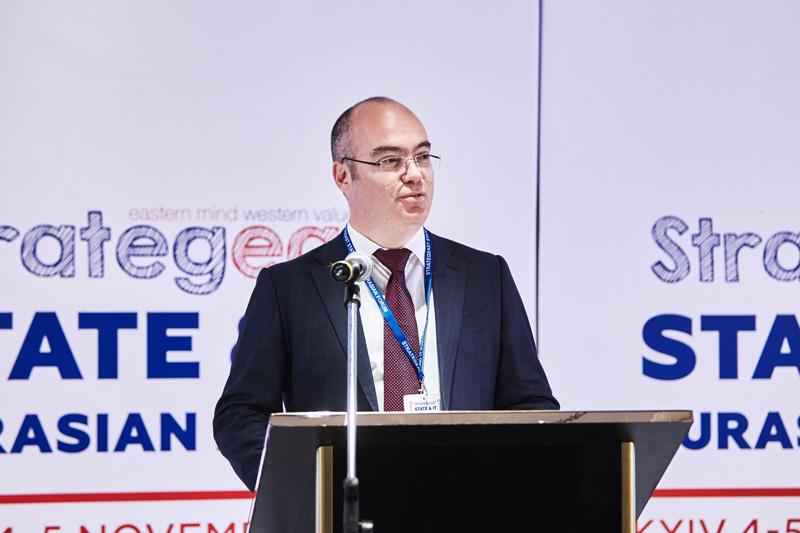![]() Presentation by Aija Zitcere, Ministry of Finance of Republic of Latvia
Presentation by Aija Zitcere, Ministry of Finance of Republic of Latvia
Download
The material is prepared based on speeches at the panel session ‘Electronic payment systems regulation’. The speakers on the panel: Andrey Buzarov, Kyivstratpro (moderator); Serhii Shatsky, Cashless Economy Program Manager, Strategy and Development Division, National Bank of Ukraine; Aija Zitcere, Director of Financial Market Policy Department, Ministry of Finance of Republic of Latvia.
The National Bank of Ukraine is implementing a number of projects with the aim of transferring mostly cash economy of Ukraine to cashless. However, for such a transformation, only the efforts of the national bank are not enough. Legislation on payment systems in Ukraine was developed more than 15 years ago and since then has undergone only cosmetic changes. However, for a full transition to a cashless economy, a significant number of legislative acts will need to be revised.
Today, all major foreign financial institutions, including, for example, the World Bank, are confronted with the great complexity and confusion of Ukrainian financial legislation. Moreover, problems begin already at the level of terminology, which in Ukrainian legislation often differs from that adopted in the Western world. To eliminate these contradictions, the National Bank of Ukraine is currently developing new legislation in order to harmonize it with the legislation of the European Union. That is why such a document as payment PSD2 directive is taken as the basis, ISO222 standards and their subsystems are implemented. A draft new law on payment systems will be submitted to parliament in the first half of 2020.
The purpose of this legislation on the one hand is to simplify the licensing of financial companies, including fintech companies. However, on the other hand, the legislation will provide for serious measures against attempts to use fintech for money laundering. For this, the Ukrainian National Bank uses the Czech experience where it faced such threats and where many fintech companies were registered, mainly with Russian capital, which were used specifically for illegal purposes. However, in general, the new legislation of Ukraine will be friendly for opening new fintech companies, the goal of Ukraine is to become a participant in the global fintech market, bring the industry in line with international and European standards, open the borders for moving finances.
Unlike Ukraine, Latvia has already fully harmonized its legislation in the field of payment systems with the European one, working within the framework of the PSD2 directive. Today in Latvia, the provision of payment services has ceased to be a monopoly of banks. In addition to banks and credit unions, such services are provided by payment institutions, electronic money institutions, and payment service providers from other EU countries under passporting regime.
For new types of businesses that are exclusively engaged in the provision of electronic payment services, a new regulation is also envisaged – they should not receive a full-fledged banking license, but receive a “lightweight” license that does not allow them, for example, to issue loans or collect deposits from the public. However, getting such a license is easy enough. This means that the legislative barrier for entry into the financial services market, which previously protected banks from competition with small players, has been removed. Moreover, certain benefits are provided for new players entering the market – until they reach a certain annual turnover, they pay a reduced licensing fee.
In addition, the “lightweight license” allows the company that received it to apply for new licenses in the future, gradually expanding its range of activities.
In Latvia, as well as in Ukraine, the danger that non-bank payment systems can be used for various kinds of fraud or money laundering is understood. Therefore, this problem is solved at the stage of obtaining a license. There are a number of serious reputation requirements for the shareholders of a company applying for a license for electronic payments, and a high level of professional requirements is set for the top managers of such companies.
As a result of legislative and regulatory efforts undertaken, Latvia became the first country in the Eurozone to process instant payments in line with the STC Inst scheme. Today 25% of all interbank STCs in Latvia are instant payments that occur at an average rate of 0.4 seconds.
Panel experts also discussed the possibility of payments using cryptocurrencies. According to the representative of the National Bank of Latvia, since cryptocurrencies are not a means of payment, they should be regulated not by the National Bank, but by the government. The government of Ukraine has already created a working group to develop measures to regulate the use of cryptocurrencies. Latvian legislation also does not consider cryptocurrencies as a means of payment due to their instability. Unified European legislation on this subject has yet to be worked out.
Another issue discussed on the panel was the possibility of providing financial services by mobile operators. In general, panelists do not support the idea of providing mobile operators with the opportunity to provide financial services, since in this case one company has too much data about the consumer. Today, the mobile operator already has a lot of data about its user, and if financial information is added to this data, risks of monopolization of services may arise on the market. However, an exception may be made for distant rural areas where there is no banking infrastructure: in such areas, mobile communications for local residents may be the only way to make fast financial transactions, and for such areas it makes sense to consider the possibility of allowing mobile operators to provide financial services for locals.
One of the most pressing issues for the development of e-commerce in Ukraine, as well as in many other Eurasian countries, is the lack of such a global payment system as PayPal on the market of many Eurasian countries. In most Eurasian countries, PayPal provides a limited range of services, and online stores are not able to accept payments through PayPal. According to panelists, the use of PayPal in these markets could significantly increase the export of local goods to Western countries. Today, Western consumers using PayPal cannot make online purchases in online stores in most countries of Eurasia. To bring PayPal to the market, in particular, Ukraine, local authorities continue to make significant efforts and are ready for a lightweight licensing regime for the activities of this global payment system in order to open the local e-commerce market for Western consumers.

